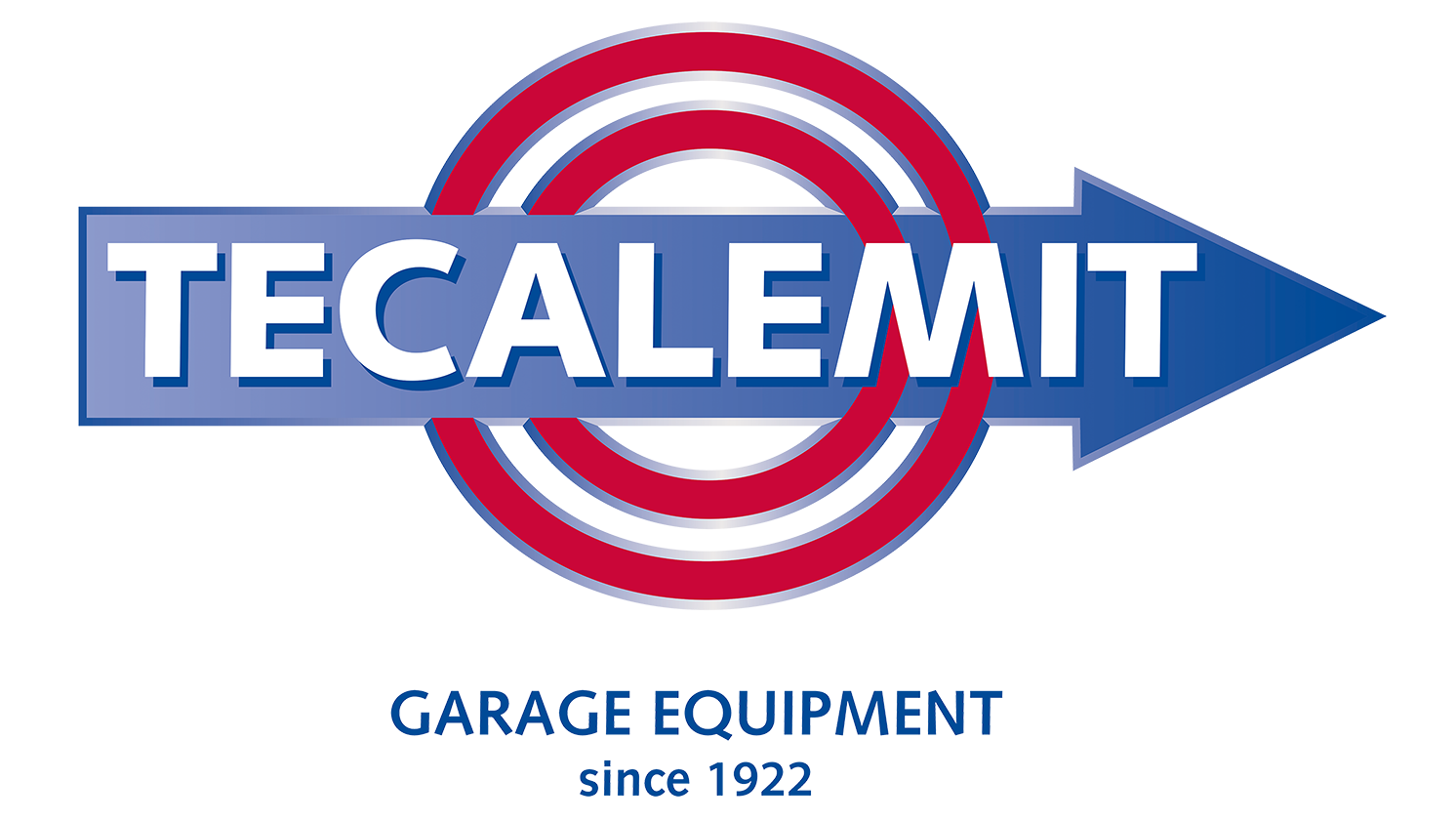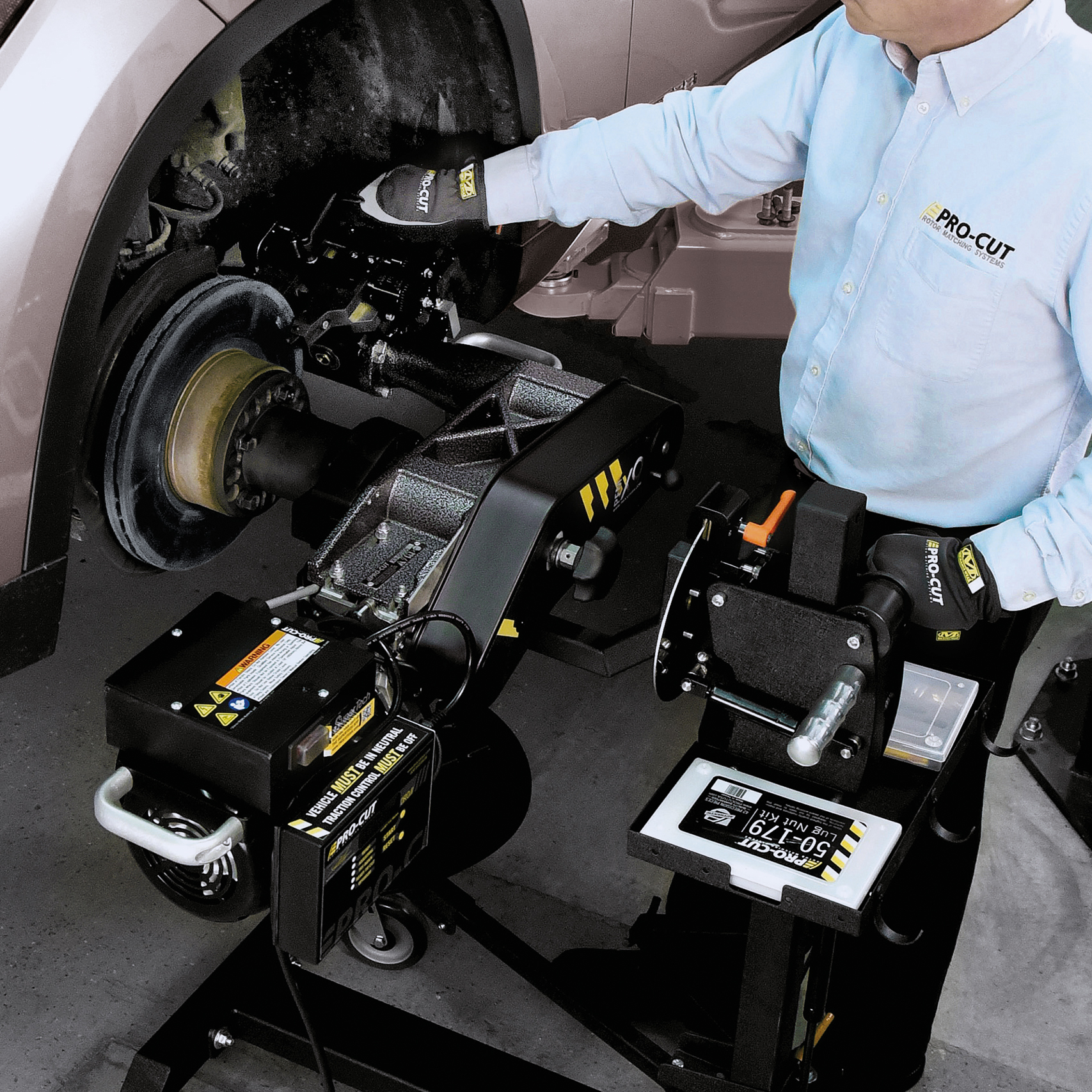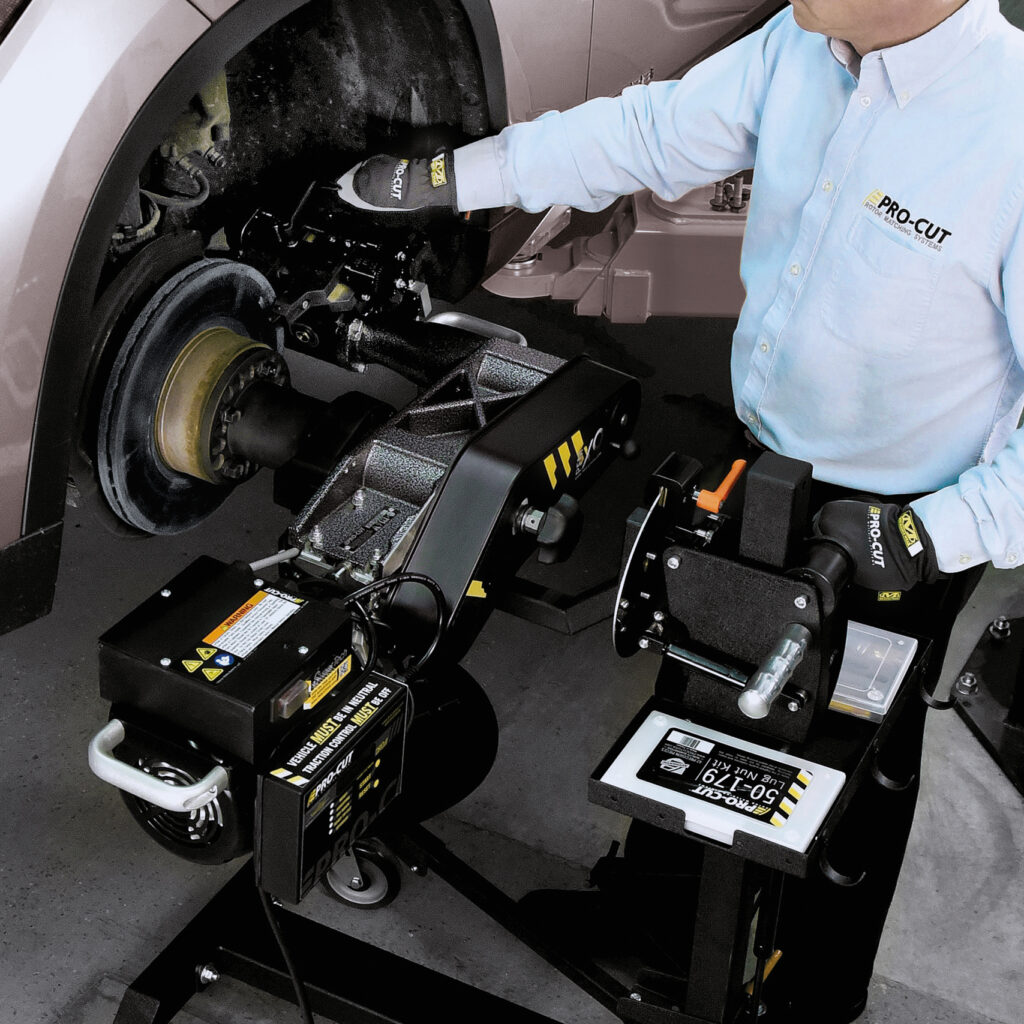Whether or not to skim brake discs is an interesting question. For some, it is seen as an old-fashioned practice, a relic of the days when mechanics would strip down parts, only replace damaged components, and they would spend time investigating faults. Today, the approach taken is replace, replace, replace. So now, when an engine fails, replacing the whole thing with a reconditioned unit is considered easier than repairing the existing one. This attitude and the influx of cheap aftermarket replacement parts have changed the motor trade’s approach to fixing cars.
If you take brake judder, one of the most common causes is disc thickness variation (DTV). For effective braking, the disc needs to have the same thickness throughout. If not, the pad only has intermittent contact with the disc, resulting in a judder felt through the pedal or steering wheel. DTV can easily be fixed by skimming discs, but most brake disc manufacturers only suggest replacing the discs and pads as the remedy. And while many garages will recycle their scrap metal, this is an incredibly wasteful way to solve a simple problem.
But disc skimming shouldn’t just be seen as a problem solver. It can also help prevent issues from occurring. Generally, brake discs last 2-3 times longer than pads, and when a workshop replaces only the pads, that is the ideal time to skim the discs. Like rebalancing a wheel after a tyre change, skimming the discs when changing the pads improves performance and reduces the chances of complaints. And as a bonus, it can increase the revenue earned from the job.
Disc Skimming: A New Source of Income
The question of how much extra revenue a workshop can generate is very subjective. There are many variables to consider, including labour rates, competitors and how much a customer is willing to pay. However, the time it takes to skim the discs on an axle is around 30 minutes, and given an average labour rate of £80 per hour, a charge of £40 per axle should be very realistic. Considering that a Pro-Cut X9 on-car brake lathe typically costs just over £40* per week to lease, it’s easy to see how it can start paying for itself.
Ultimately, skimming discs isn’t just better for the environment; it’s better for the driver and the workshop’s bottom line. A Pro-Cut on-car brake lathe doesn’t just offer a solution for some of the most common causes of brake issues, but it provides a way to enhance the service a garage offers and generate extra income. So, whether a workshop is looking to reduce the amount of waste they produce or for a way to add value to the service they offer, a Pro-Cut brake lathe can be a worthwhile investment.
As a final thought, it’s worth remembering that motoring is undergoing one of the most significant changes ever seen as we move away from fossil fuels. While how we power vehicles will change, how they stop will likely remain the same. Brakes may be one of the few area’s garages that can still service, so it’s essential that workshops up their game in what has perhaps become an overlooked source of income. Having the right skills and equipment will be crucial for a workshop’s survival. So contact us today to learn how an on-car brake lathe can improve your business.


